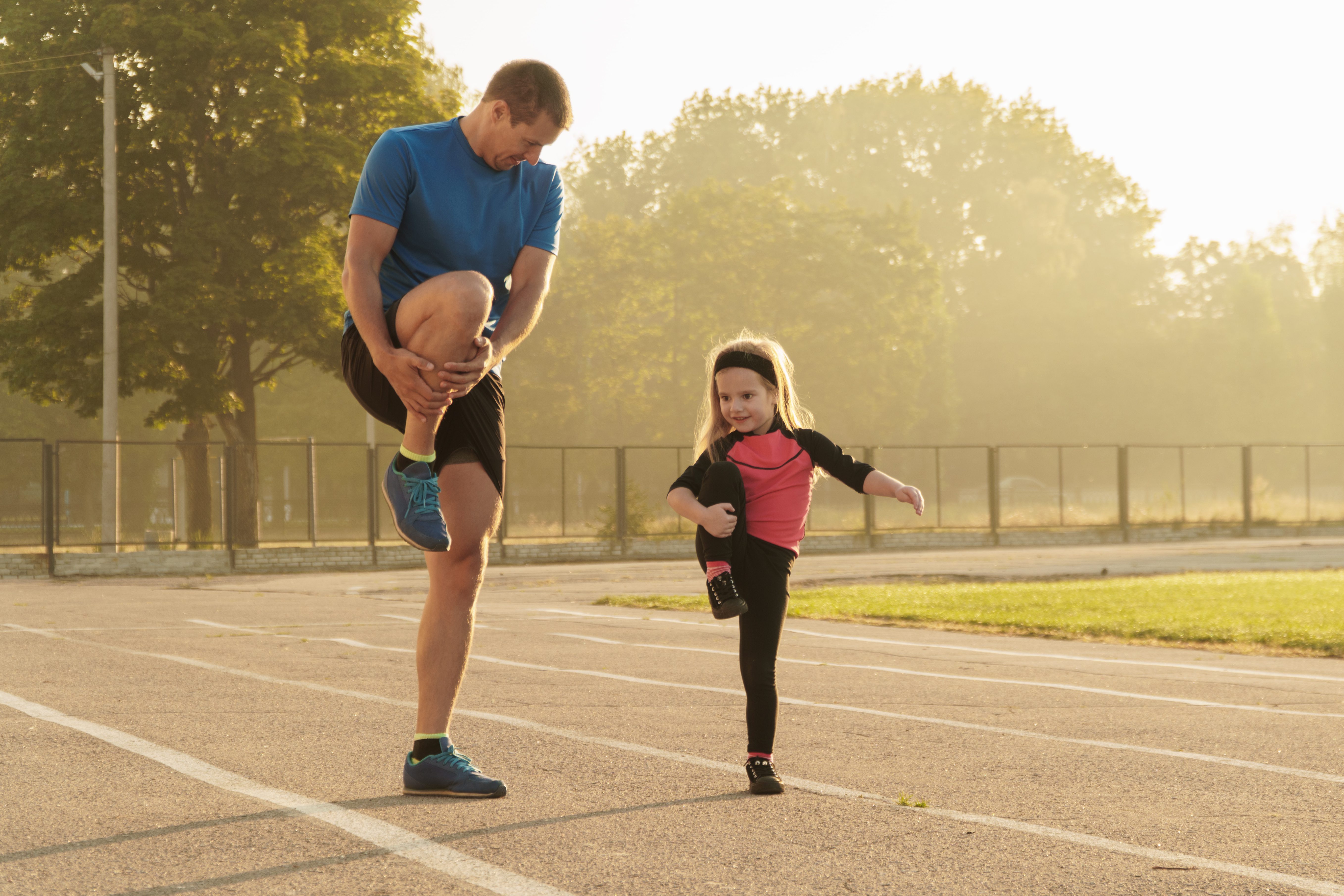Parenthood, childhood and organized youth sport in rural and small-town British Columbia: An ethnographic study

Project summary This study explores how parenthood and childhood are enacted within the context of organized youth sport in one rural and small-town British Columbia region. Studies of organized youth sport, childhood, and parenthood have primarily emphasized the experiences of (sub)urban dwellers. This has resulted in limited knowledge on how where one lives informs experiences…
Parent behaviour in sport
Parents play an important role in creating positive sports experiences for their children. Through interviews with athletes, researchers have learnt what behaviours children look for from their parents at competitions. Preferred behaviours included having parents show respect to others in sport, focus on their child’s effort rather than outcomes, and provide positive yet realistic post-competition feedback.
Pelvic floor health is crucial for return to physical activity after childbirth
The pelvic floor is an essential group of muscles that help to maintain control of the bladder and bowels, support internal organs, and coordinate with the deep core, back and diaphragm. These muscles frequently require rehabilitation after the strain of pregnancy and birth. Pelvic floor physiotherapists are an important part of a postnatal care team…
Clearing the air around air quality and outdoor sport safety
Highlights In 2022, Health Canada and the Sport Information Resource Centre partnered to create educational resources to raise awareness about air quality and the safety of outdoor sport participation Air pollution can impact the health of all Canadians, but some groups, including people engaged in outdoor sport and exercise, are at an increased risk Monitoring…
Reverse integration in wheelchair basketball
Practitioners interested in offering inclusive sport environments could consider reverse integration, a new approach that integrates mainstream participants into Para sport. When implemented in a wheelchair basketball league, researchers found health and social benefits for all participants including a deeper understanding and awareness of (dis)ability and roles within the team.
Safe, quality and values-based: 3 approaches to optimize sport experience
Highlights There are several evidence-informed approaches to sport delivery that researchers and sport organizations encourage, and that you can engage with, to promote positive experiences and combat harmful cultures in sport and society Quality sport, values-based sport and safe sport are 3 approaches to sport program delivery that are gaining traction and popularity at all…
Earth Day in the sport sector
Tomorrow is Earth Day and the sport sector has a role in protecting our environment and embracing sustainability. The Canadian Olympic Committee has compiled a list of “Team Canada Climate Action Resources” that showcases how Team Canada is doing its part to protect the planet.
Volunteering in Sport and Recreation
This week is National Volunteer Week. Volunteers play a important role in the day-to-day operations for many community and non-profit organizations. Research shows that over 25% of Canadian adults volunteer in a sport-related capacity. Volunteers aid in the delivery systems for sport, recreation and physical activity programming at all levels. The contribution of volunteers helps…
The Canadian Women & Sport Rally Report
The Canadian Women & Sport Rally Report showcases how women and girls in Canada are experiencing sport. The report found that girls’ participation rates remain low, girls and their parents view low quality programming as a barrier, and that sport leaders are not equipped to address the needs of girls.
Current perspectives on multi-sport participation
Researchers correlate early specialization in sport with a higher likelihood of injury, burnout and dropout from sport. Multi-sport participation helps young athletes develop a spectrum of skills that transfer to later specialization. The best advice regarding pre-puberty athletes is to help them experience a variety of sports and activities, including unstructured play, and allow them…